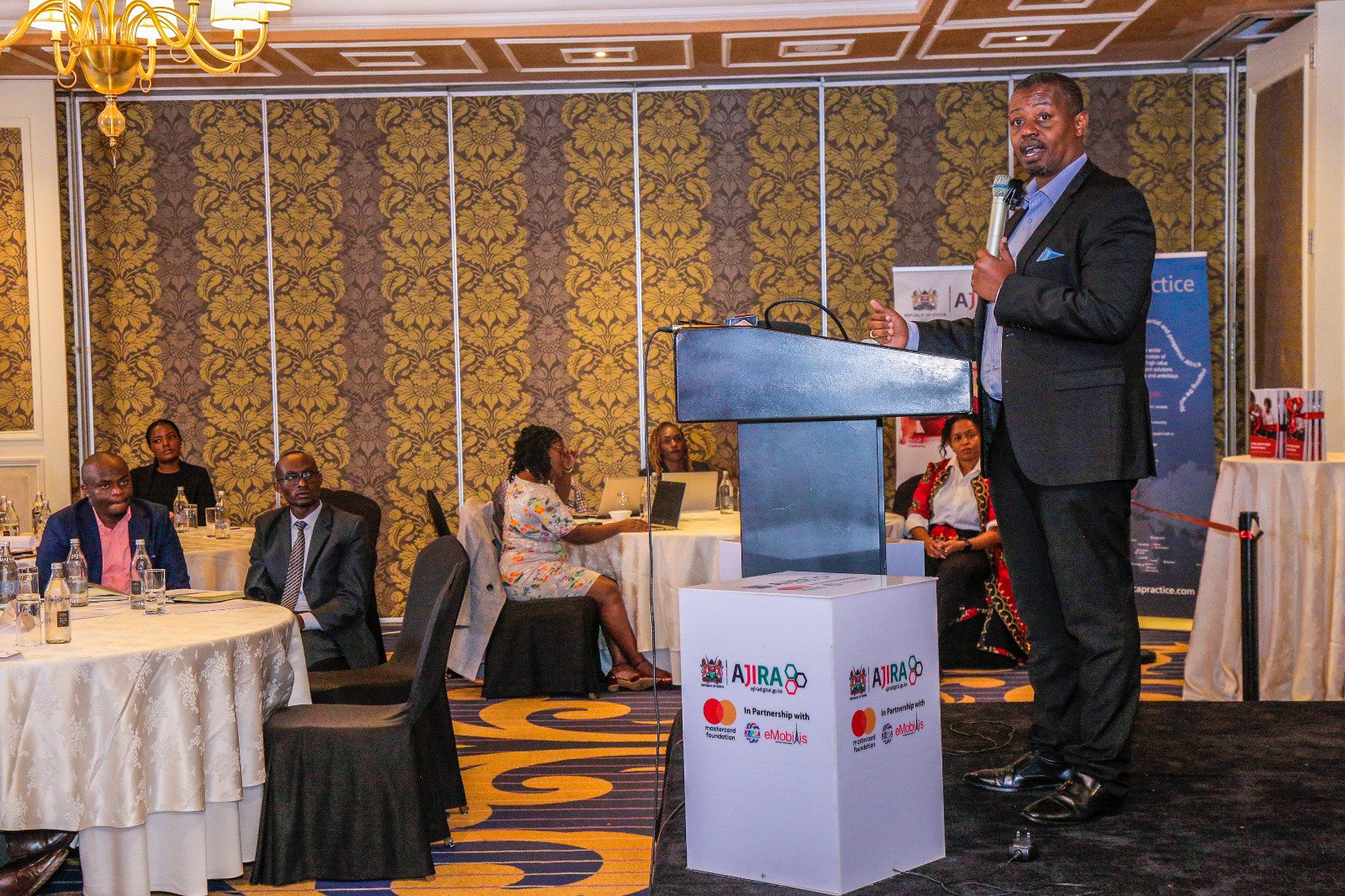

Kenya Introduces Comprehensive Policy Guide for Gig Economy
Kenya has launched the “Policy Guide for Digital Economy Progress,” a strategic framework developed in collaboration with the Mastercard Foundation, eMobilis Technology Institute, and Africa Practice, aimed at reforming the gig economy for over one million workers and businesses.
This comprehensive policy guide addresses the pressing challenges faced by gig workers and outlines a roadmap for creating a more equitable and sustainable sector. Managing Director and Co-Founder of eMobilis, Ken Mwenda, emphasized the importance of this tool in connecting labor protection with a conducive business environment. “This guide provides a clear pathway for gig workers to access better opportunities and for businesses to invest confidently in this rapidly growing sector,” Mwenda stated.
The guide proposes five key interventions, including the establishment of a tripartite forum to set industry standards and a multi-purpose gig worker registration platform. It also calls for legal reforms to improve protections for gig workers under the Employment Act 2007 and other labor laws, while encouraging businesses to invest in dignified gig work.
Recognized as a significant contributor to Kenya’s GDP under Kenya Vision 2030, the gig economy’s contribution to the ICT sector grew from 1.4% in 2017 to 2.4% in 2021. With an annual value estimated at USD 109 million, the sector employs 1.2 million workers, mostly within the informal sector. Despite its growth, gig workers face numerous obstacles, including algorithmic bias and limited legal protections.
Extensive research and engagement with over 190 stakeholders, including gig workers, job providers, and policymakers, have shaped this policy proposal. Managing Director for East Africa and Group Chief Commercial Officer at Africa Practice, noted, Richard Kiplagat, “This toolkit represents a significant step forward in shaping the future of Kenya’s gig economy. By addressing regulatory gaps and advocating for worker protections, we aim to create a fair and sustainable digital ecosystem.”
The launch event invites policymakers, industry leaders, gig workers, and media representatives to discuss the guide’s potential impact on Kenya’s gig economy. With actionable strategies to enhance worker protections, establish industry standards, and incentivize investment, the guide positions Kenya on a path to becoming a global leader in the gig economy.


















